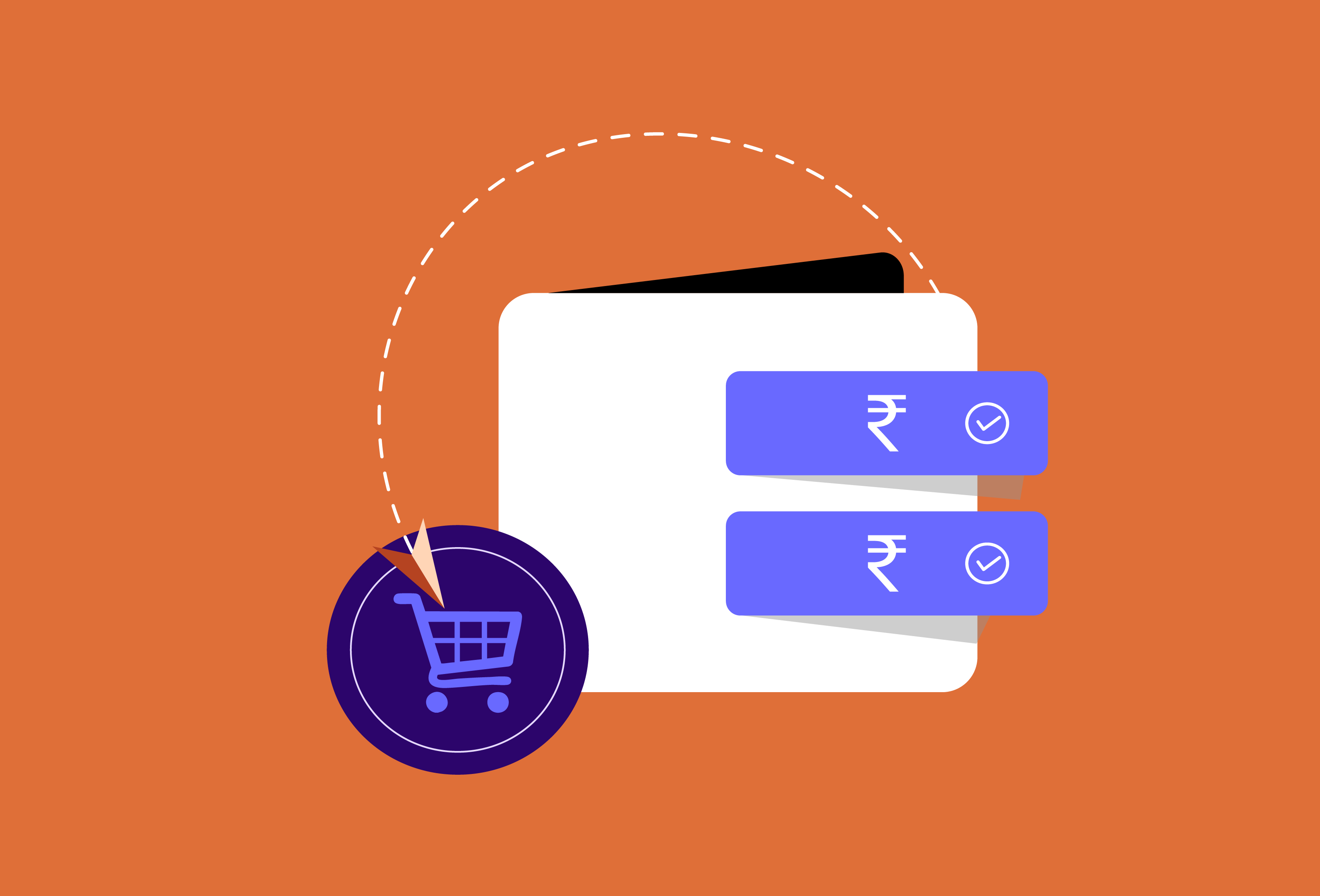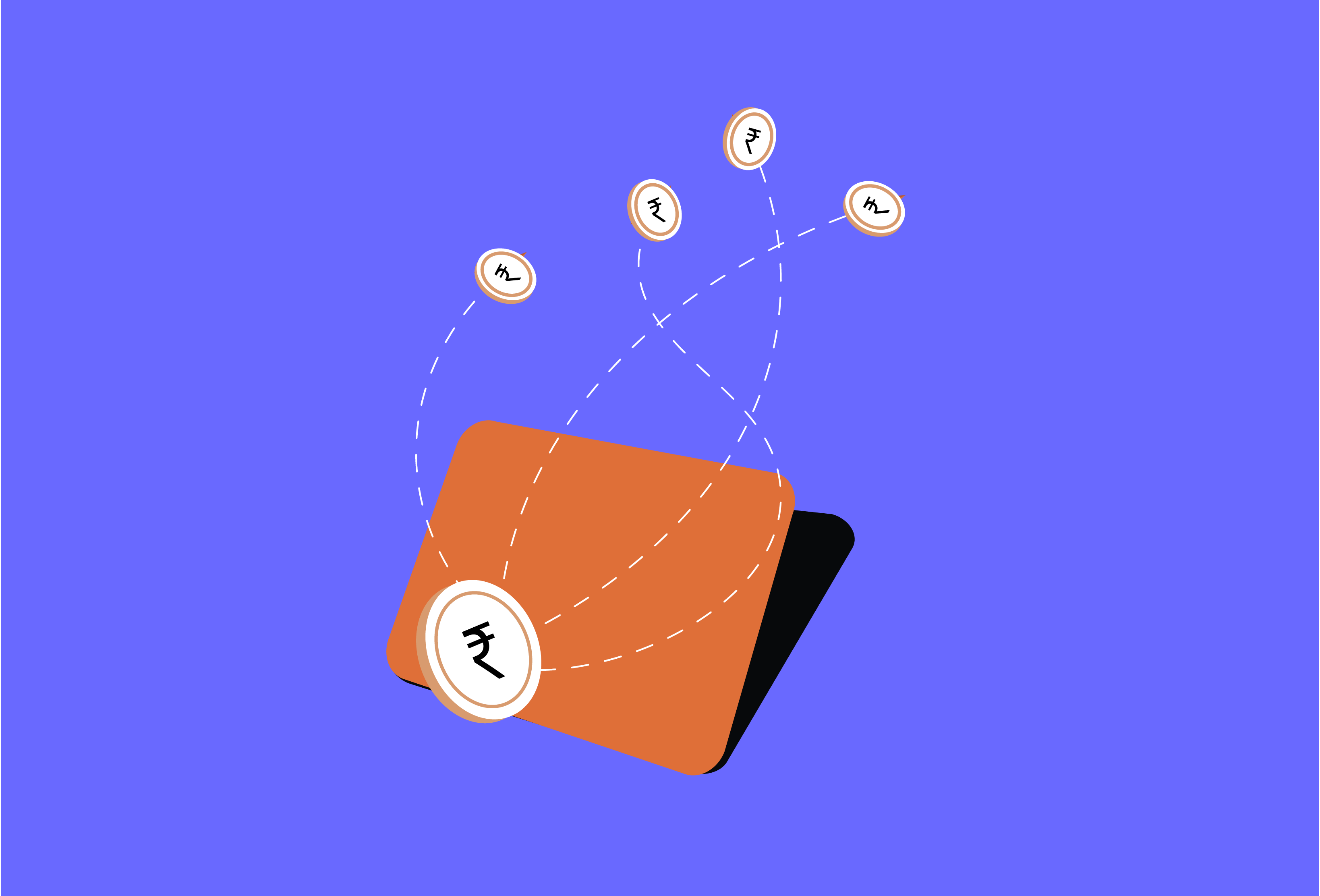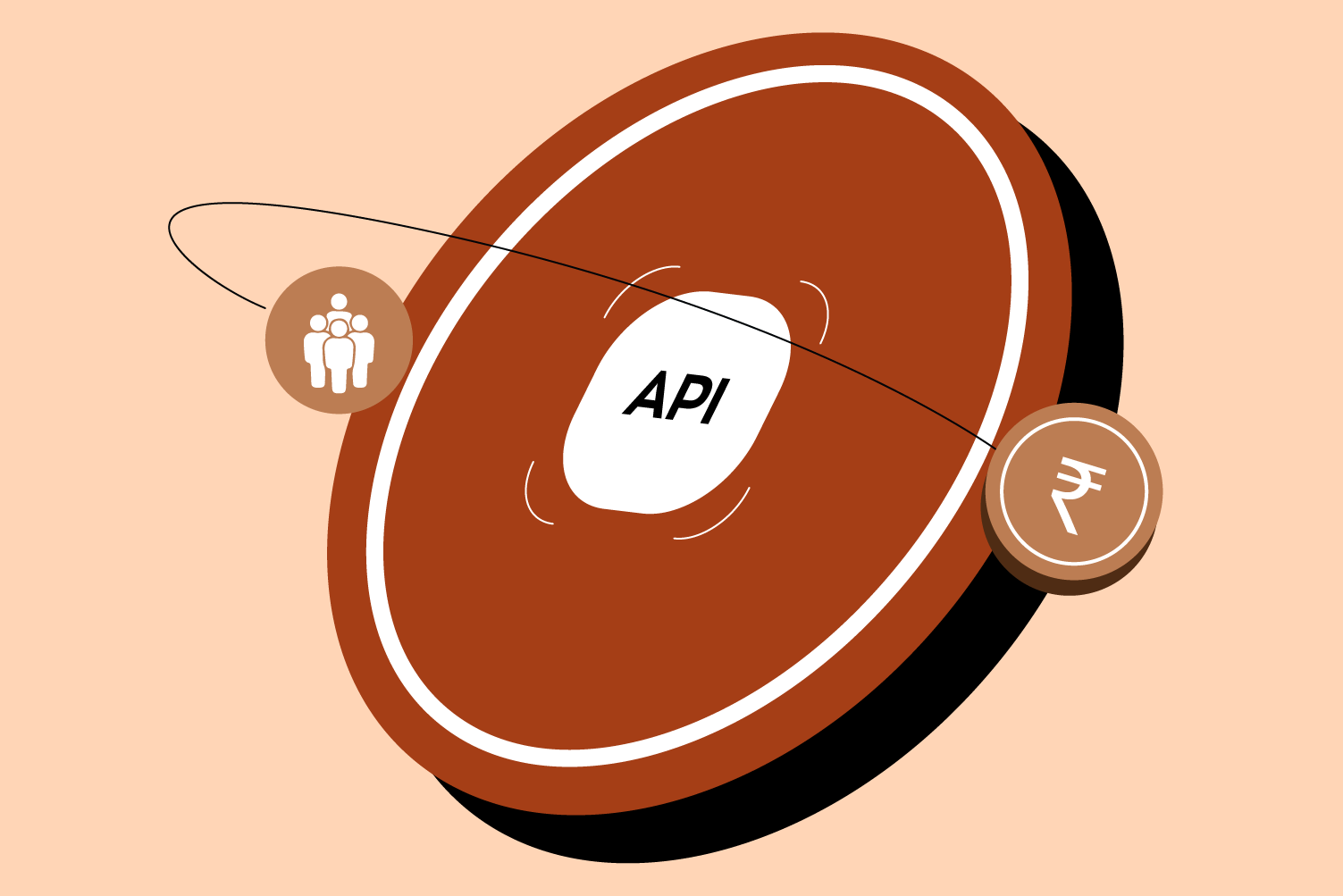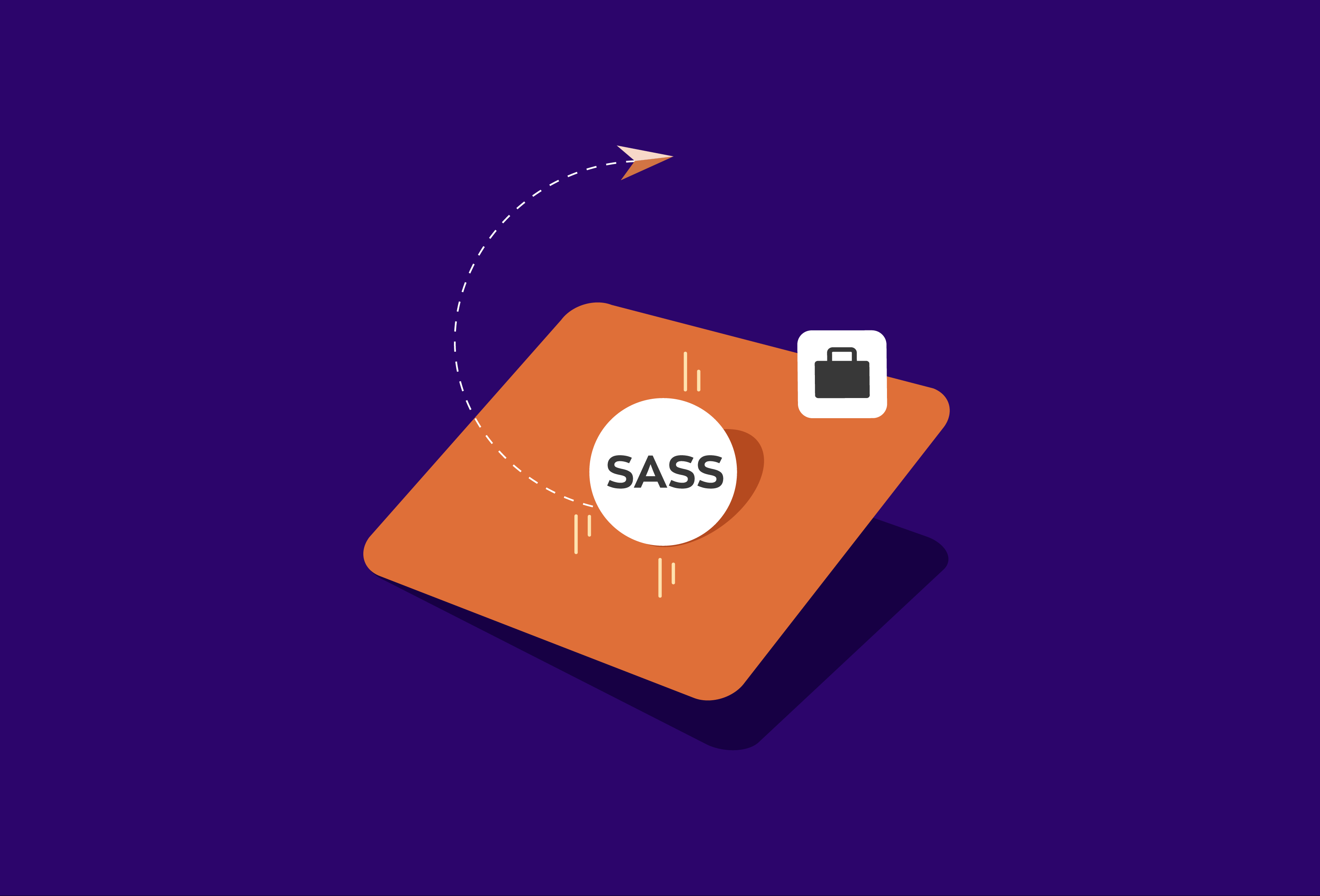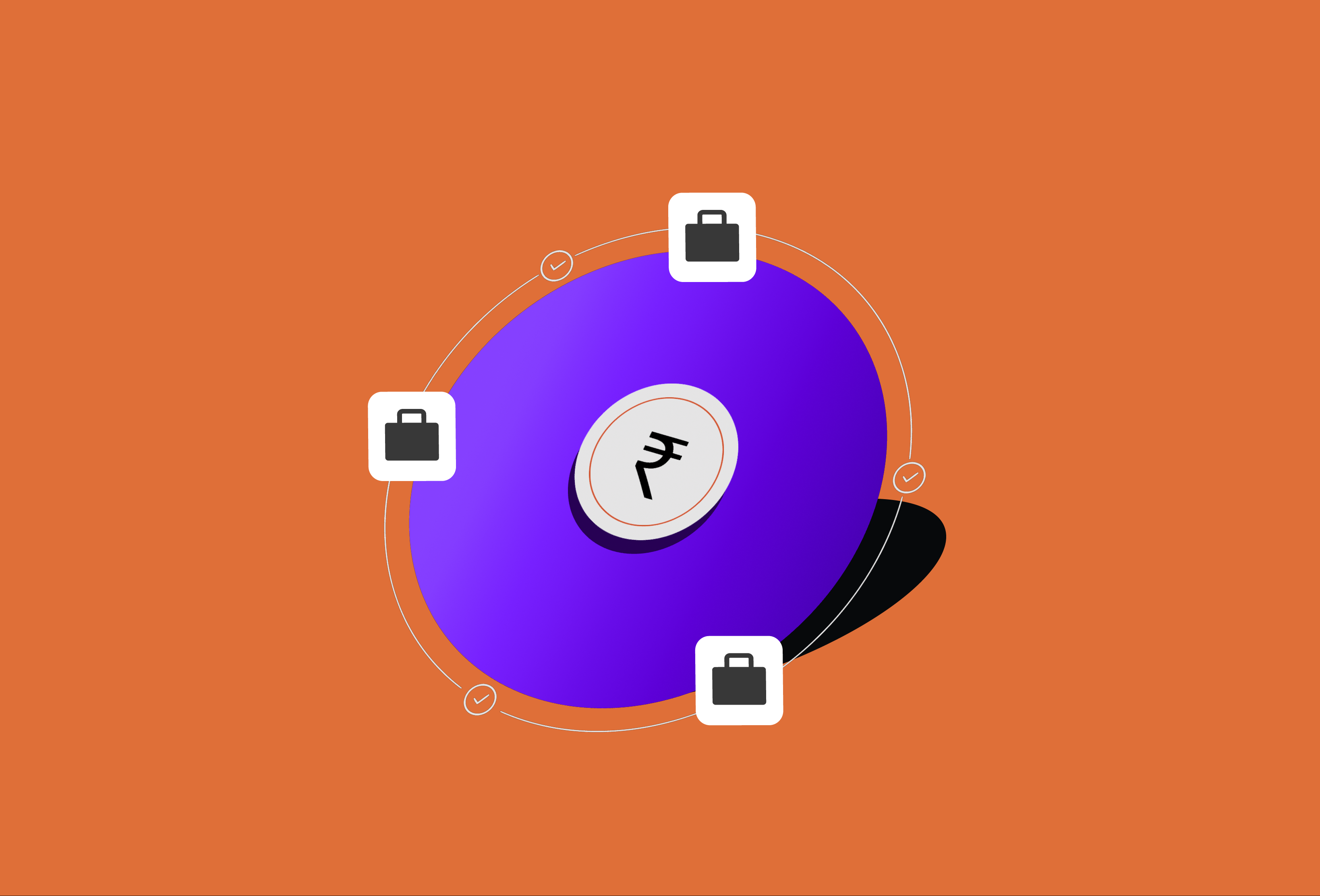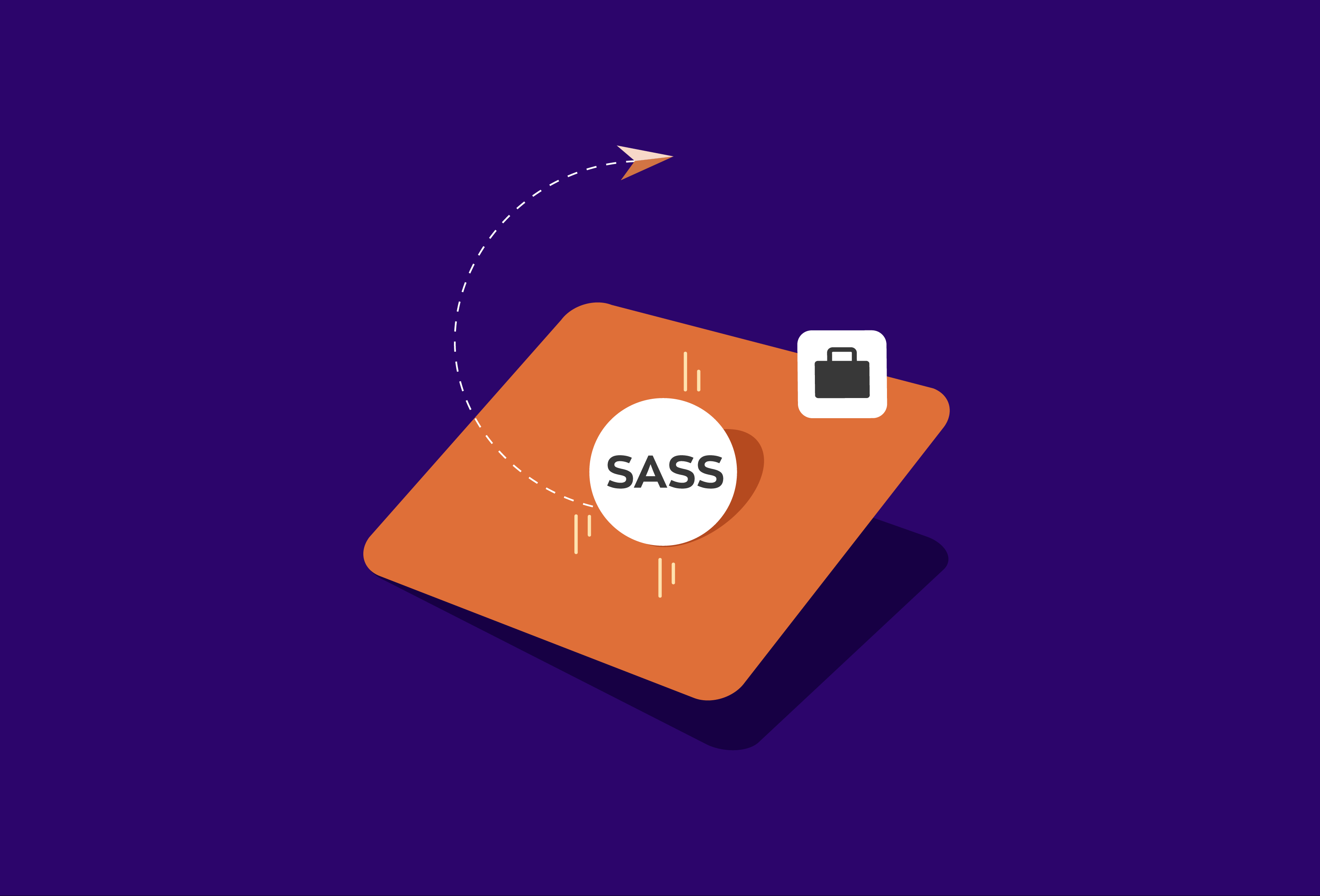Digital transactions have become a part of daily life, from paying utility bills to shopping online. Behind every successful online transaction lies a payment gateway, which acts as the bridge between customers, merchants, and financial institutions. Traditionally, payment gateways were built to process payments securely and quickly, but as online transactions grew in volume and complexity, challenges also multiplied. Fraud attempts, failed transactions, and delays highlighted the need for more advanced systems.
This is where Artificial Intelligence (AI) and Machine Learning (ML) are making a difference. By bringing intelligence and adaptability into payment infrastructure, they are shaping the future of digital payments.
The Evolution of Payment Gateways
In the early years, payment gateways were designed with a single goal: to transfer money from a customer to a merchant. Encryption protocols and tokenization soon followed to keep transactions safe. While these systems were effective, they still relied on predefined rules and static checks.
The rise of e-commerce, mobile payments, and cross-border trade has increased both opportunities and risks. Fraudsters have become more sophisticated, and customers now expect seamless, instant payments. Traditional systems that depend on fixed rules struggle to keep up with these dynamic challenges. AI and ML are enabling payment gateways to adapt in real time, offering smarter solutions that improve both security and customer experience.
AI and Machine Learning in Action
1. Fraud Detection and Risk Management
Fraud prevention is one of the biggest areas where AI and ML are adding value. Traditional fraud detection systems flag transactions based on fixed criteria such as unusually large amounts or payments from high-risk locations. However, these systems often generate false positives, which inconvenience genuine customers.
Machine Learning models can analyse vast volumes of transaction data to identify patterns that humans may miss. For instance, if a customer usually shops within a specific city but suddenly initiates a large payment abroad, the system can instantly calculate the probability of fraud. Instead of simply blocking the transaction, AI can trigger an additional verification step. This adaptive approach reduces fraud while minimising disruption for genuine users.
The use of Generative AI payment security is also emerging, where AI systems simulate potential fraud scenarios to strengthen defences before real threats occur.
2. Personalised Customer Experience
Customers today expect payment processes to be fast and intuitive. This is where Personalized payment experiences AI comes in, helping gateways design smoother checkouts by predicting and presenting the most convenient payment methods for each user. For frequent users, systems can streamline the process by prioritising saved payment options.
Personalisation also helps reduce cart abandonment. If a transaction fails due to a network issue, AI-powered systems can suggest alternative payment routes, ensuring that the customer completes the purchase without frustration.
3. Faster Transaction Processing
Delays and failures in payment processing not only affect customer trust but also impact merchant revenues. AI helps in optimising how payments are routed. For example, if a particular bank’s server is experiencing delays, the system can redirect the transaction through a faster channel. This dynamic routing ensures quicker approvals and fewer declines.
AI can also predict when certain networks are likely to face congestion and proactively manage traffic, improving overall efficiency.
4. Adaptive Security
Security has always been central to payment gateways, but traditional methods often rely on rigid rules. AI-driven security systems are adaptive, learning continuously from past data. For instance, they can detect when a fraudster tries to test multiple small payments on stolen cards before making a bigger attempt.
By spotting such micro-patterns, AI systems can block fraudulent activity before significant damage occurs. Adaptive security reduces reliance on manual checks and keeps evolving to counter new threats.
Benefits for Businesses and Customers
For Businesses
- Lower losses due to fraud.
- Higher approval rates leading to better revenue.
- Reduced operational costs as many tasks become automated.
- Insights into customer preferences, helping improve services.
For Customers
- Faster and more reliable payments.
- Higher trust due to better fraud prevention.
- Convenience through personalised payment options.
- Less frustration from failed or blocked transactions.
A practical example can be seen in how AI reduces cart abandonment. If a customer’s card payment fails, the system can suggest UPI or wallet payment instantly, ensuring the sale is not lost.
Challenges and Considerations
While the benefits are clear, adopting AI and ML in payment gateways is not without challenges.
- Data Privacy and Compliance
Payment data is highly sensitive. Companies must comply with strict regulations to protect personal and financial details. Using AI requires careful management to ensure data is anonymised and stored securely. - Implementation Costs
Deploying AI systems involves investment in technology, skilled professionals, and infrastructure. Smaller businesses may find this a barrier initially. However, cloud-based solutions are making adoption more affordable. - Dependence on Quality Data
The effectiveness of AI models depends on the quality and quantity of data they are trained on. Poor or incomplete data can lead to inaccurate predictions. Regular updates and monitoring are required to maintain reliability.
Future Outlook
The role of AI and ML in payment gateways is set to grow significantly. Some key developments include:
- Predictive Analytics: Gateways will not only process payments but also predict customer behaviour, helping merchants offer discounts or payment plans at the right time.
- Integration with Biometrics: Combining AI with facial recognition, fingerprint scans, or voice authentication will add extra layers of security.
- Open Banking and Ecosystem Growth: AI-powered gateways will integrate with open banking APIs, enabling smarter financial services such as instant credit decisions or budget tracking.
- Global Expansion: As cross-border transactions increase, AI will help manage currency conversion, compliance, and fraud detection on an international scale.
As AI models evolve, both Generative AI payment security and Personalized payment experiences AI will shape the foundation of next-gen payment gateways, combining safety with customer convenience.
Conclusion
AI and Machine Learning are no longer optional features for payment gateways. They have become essential tools that redefine how payments are processed, secured, and experienced. By offering fraud protection, faster processing, and personalisation, they benefit both businesses and customers.
As digital transactions continue to grow, payment gateways powered by AI and ML will set the standard for safety, speed, and reliability. For businesses, adopting these technologies is not just about staying ahead—it is about building trust and meeting customer expectations in an evolving digital economy.



